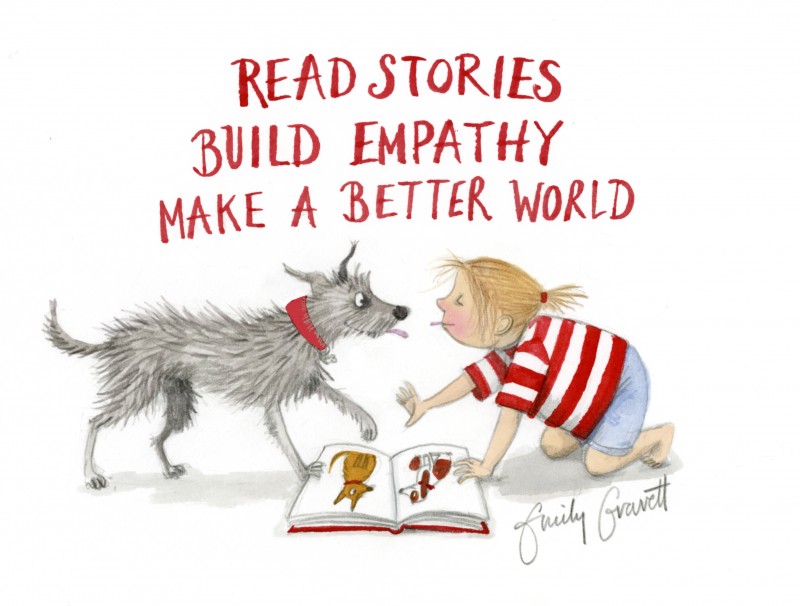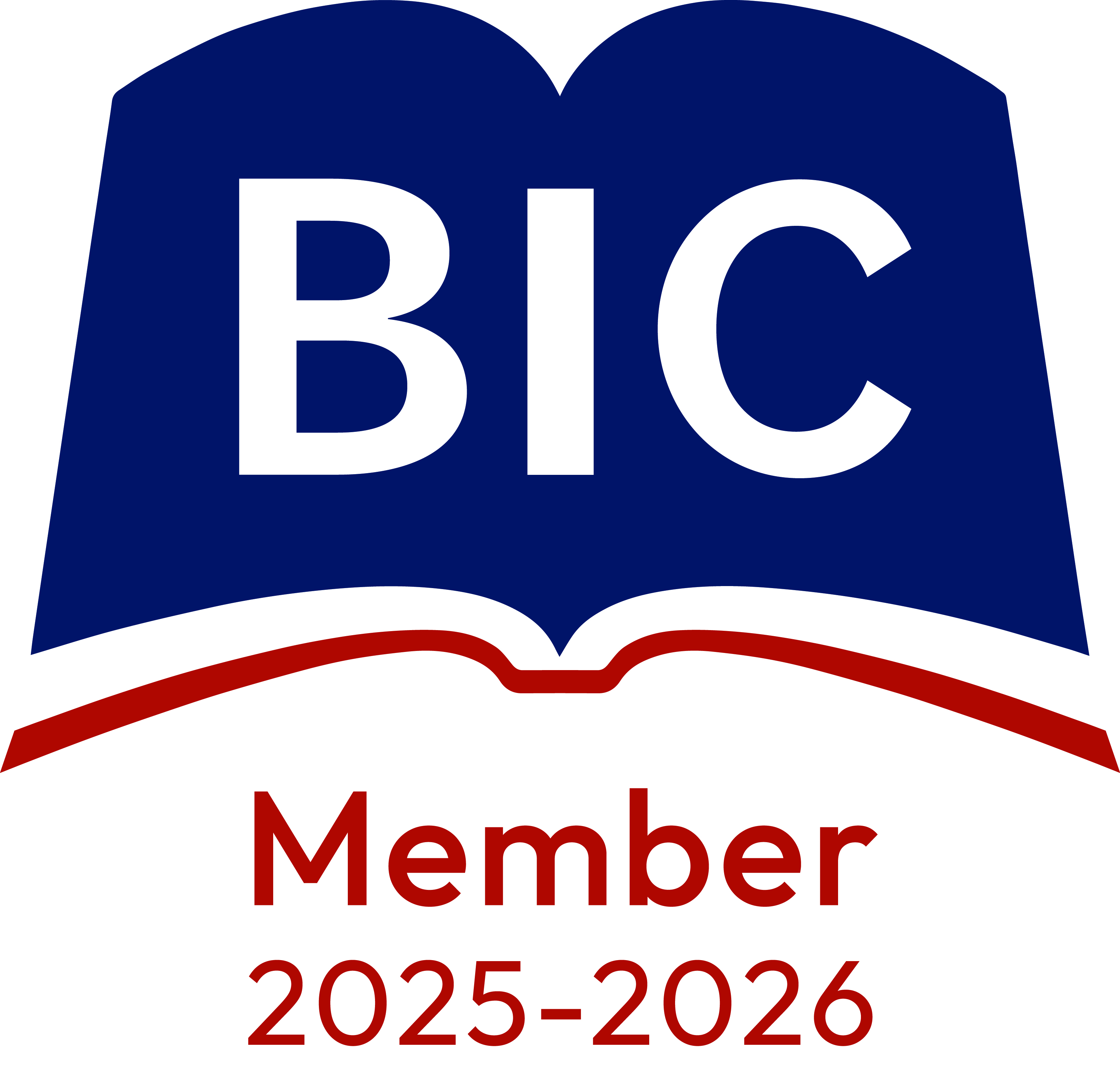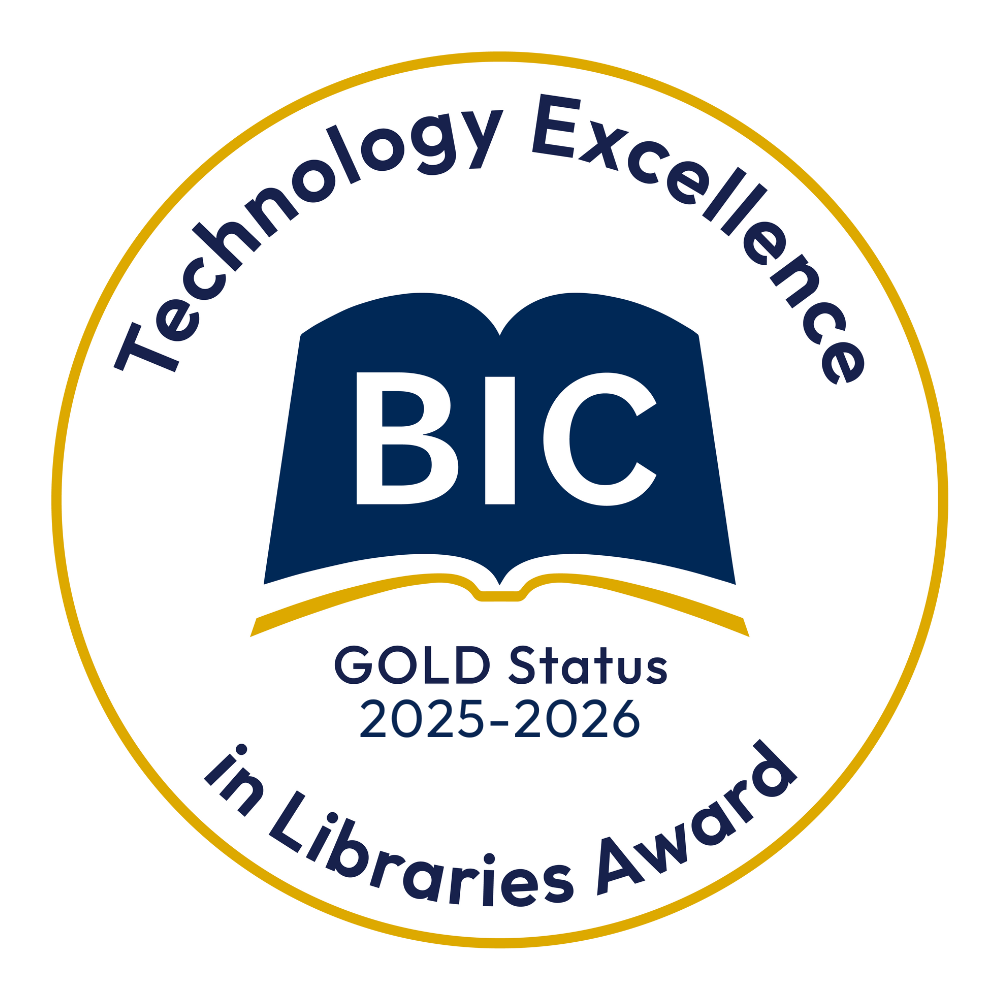Please note: We will continue to deliver your books and furniture until Thursday 18 December for schools, and Tuesday 23 December for public libraries. We will then close for the Christmas break, with deliveries resuming from Monday 5 January 2026. We wish all of our customers a very merry Christmas and a Happy New Year!
For help, advice and telephone ordering call our team on 0121 666 6646
Are you sure you wish to delete this basket?()
This action cannot be undone.
Sorry, something went wrong
Please report the problem here.
Empathy: Our Human Superpower by Kevin Cobane

January 26th 2022
I have always had the greatest admiration and respect for the work of EmpathyLab which is a not-for-profit organisation with the aim of developing our children’s and young people’s empathy skills through the reading for pleasure and sharing of high quality children’s literature. Their work is supported by scientific research and evidence that demonstrates that empathy is a learnable skill and that reading helps to build real-life empathy. I was therefore thrilled when I was approached to be a judge for the Secondary panel for the EmapthyLab 2022 collection.
For me, empathy has never been more important in helping to address the ‘empathy deficit’, which has arisen as a result of the global pandemic that highlighted the inequalities in society, causing huge disruption to our children’s and young people’s lives, education and their ability to connect and socially interact with others. As sections of our society became increasingly marginalised, disenfranchised and vulnerable it was clear how vitally important it was that we developed an understanding what other people are going through and how powerful it can be when we look out for each other. I firmly believe that empathy is our human super power and is a beacon of hope in a divided world as we all work together to address this ‘empathy deficit’ through the lens of social justice. Through the reading, sharing and discussion of high quality children’s literature we can help our children and young people to develop the important skills of courage, resilience, empathy, kindness and compassion that will help us to build a better, and fairer, world for us all. The 2022 EmpathyLab collection is therefore more important than ever as an empathy building tool to achieve these aims.
It has been a privilege to have been a judge for EmpathyLab this year and help to curate the 2022 collection which consists of 60 books that have been carefully selected by an expert judging panel to help develop and empower a nourished, empathy-educated generation of children and young people. The thirteen judges that form the panel are a diverse mix of national experts and grass-roots practitioners from schools, public libraries and the school library association who met, virtually, at various points throughout the year to longlist, shortlist and then finalise the books that we felt would be the best to help parents, carers and educators to surround our children and young people with high quality opportunities and experiences to help them develop empathy, understand themselves and others better and equip and inspire them with the strategies to tackle the problems in our society.
In making our selections we were looking for inclusive books within the primary curriculum that had strong ‘empathy angles’ that would provide opportunities and experiences that would support children and young people to develop their empathy skills. We were also looking for books with high-quality writing and illustrations that illuminated the character’s feelings and motivations; books which treated readers with respect, not patronising or over-simplifying themes or issues; books which subtly explored feelings and which conveyed no judgement allowing children’s and young people’s empathy to grow as they got to know the characters.
To help us make our selections for the collection we had a focus on the following principles and whether the books:
- Had expertly crafted characters, developed through high quality writing and illustrations, which readers would care about and identify with.
- Allowed readers to vicariously experience the lives of the characters that helped them to really understand and feel the characters’ feelings, actions and motivations.
- Challenged ‘tribal thinking’ by exploring themes that challenged stereotypes, encouraged the breaking down of barriers and developed understanding between individuals and communities.
- Supported the development of key empathy skills: Were there opportunities for children to develop or experience perspective-taking through different characters’ points of view.
- Encouraged the recognition of emotions and the vocabulary of feelings to help develop their Emotional Literacy and Intelligence.
- Encouraged children and young people to develop the awareness and ability to put empathy into action.
- Tackled or addressed key empathy issues and challenges that our children and young people are currently facing such as becoming homeless or a refugee, body dysmorphia, food poverty, loneliness.
- Provided insights into other challenging life circumstances that allowed children and young people to develop their understanding of issues such as bereavement; mental illness, racism, disability.
- Reflected the diverse nature of our society and the lived experiences of readers. Could children and young people see themselves represented within the pages of the book?
There were some fantastic discussions about the books and we were all really pleased and proud of the books that made it into the final collection which were split into two sections: a Primary collection consists for 4-11 year olds and a Secondary collection of books for teenagers aged 12-16 .
The Primary collection contains a mixture of picture books, early readers, poetry books, non-fiction books, novels and graphic novels with a strong focus on helping children to develop specific empathy building skills such as helping them to see new perspectives or recognising and naming emotions to help build and develop their emotional intelligence and literacy. They reflect and offer insights into different ways of life exploring, for example, how it might feel to be a refugee or to be homeless.
The Secondary collection consists of 25 books and contains novels, graphic and verse novels, poetry books and non-fiction, again carefully chosen, to help our young people build on their empathy skills and emotional intelligence by gaining insights into other people’s feelings, perspectives and ways of life.
It was really important to us that the books chosen for the final selection reflected the diverse perspectives and lived experiences of our children and young people that would help them to connect across divides. We are particularly pleased that 43% of the books in the collection are by authors of colour and that there are seven books that feature illustrators of colour.
EmpathyLab firmly believes in the transformative power of childrens books about diversity to promote empathy skills, and we feel that the books in these collections will help to the readers to understand the lives of characters who are experiencing tough situations. Others will help children and young people to better understand their emotions or inspire positive actions towards social activism on issues such as climate change or animal welfare or inspire them to make a positive difference to the lives people in their communities. Above all, our hope is that children and young people will enjoy reading and sharing the books in the collections and that they will develop their empathy skills and be inspired to help build stronger and kinder communities and a better, and fairer, world for us all.
For more information about the fantastic work that EmpathyLab are doing please head over to their website where you will find a range of information, training opportunities and fantastic resources and activities to help you build and develop your empathy skills.
The Read for Empathy collections are out now.
Image © Emily Gravett




